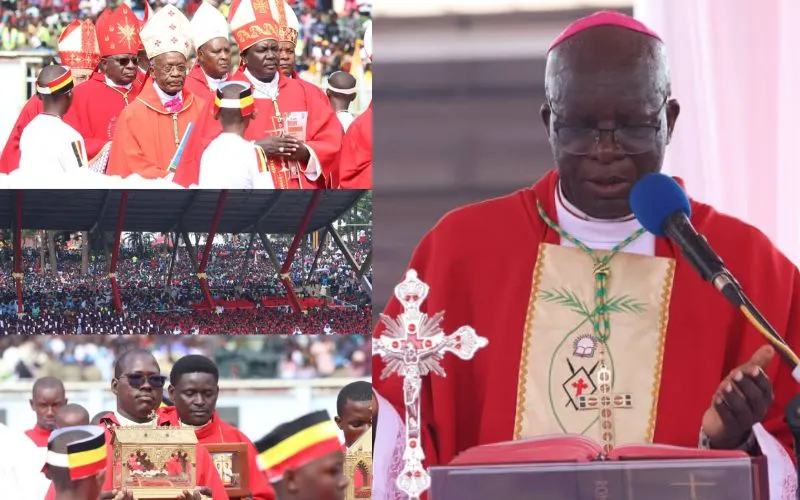Lome, 17 November, 2019 / 8:33 pm (ACI Africa).
As the Church in Africa continues to be missionary to itself by having clergy and religious men and women crossing diocesan and national ecclesiastical borders to evangelize following the 1969 encouragement of Pope Saint Paul VI to the people of God in Africa, a missionary serving on the continent has cautioned that the tendency of pastoral agents to enjoy a system of administration that obliges the laity to find them in offices rather than mutual interactions seems to hinder effective evangelization.
During the very first Papal visit to Africa in July 1969, Pope Paul VI acknowledged the initiatives of African-born pastoral agents in the evangelization ministry on the continent and stated, “By now, you Africans are missionaries to yourselves.”
By being “Missionaries to yourselves”, the Pope explained, “you Africans must now continue, upon this Continent, the building up of the Church” and that “There must now be associated to and following upon the impulse given to the Faith by the missionary action of foreign countries, an impulse arising from the heart of Africa itself.”
Reflecting on the situation of missionary actions in Africa, religious missionary priest, Fr. Donald Zagore cautioned against the tendency on the part of clergy and religious men and women to avoid reaching out to the laity.
“The bureaucratic style that characterizes more and more the pastoral dynamics of many of our Churches in Africa is slowly killing the prophetic and missionary nature of this Church in Africa, since the mission is not done in the offices, but in the encounter with people,” Fr. Zagore reflected.








